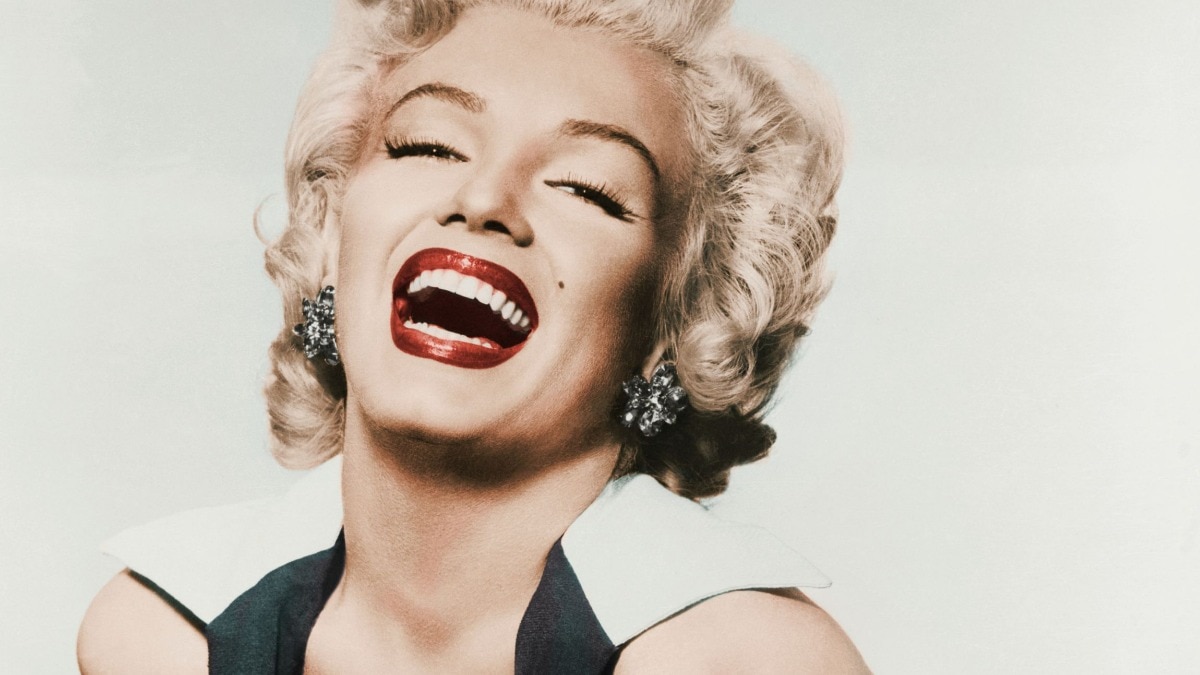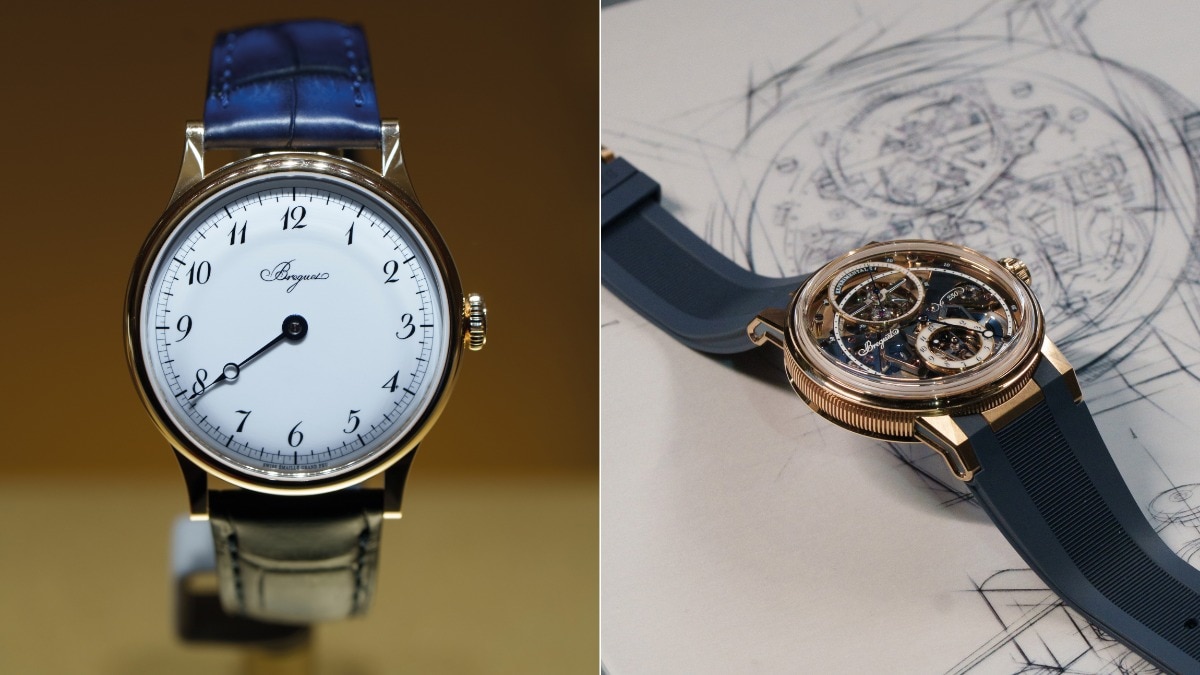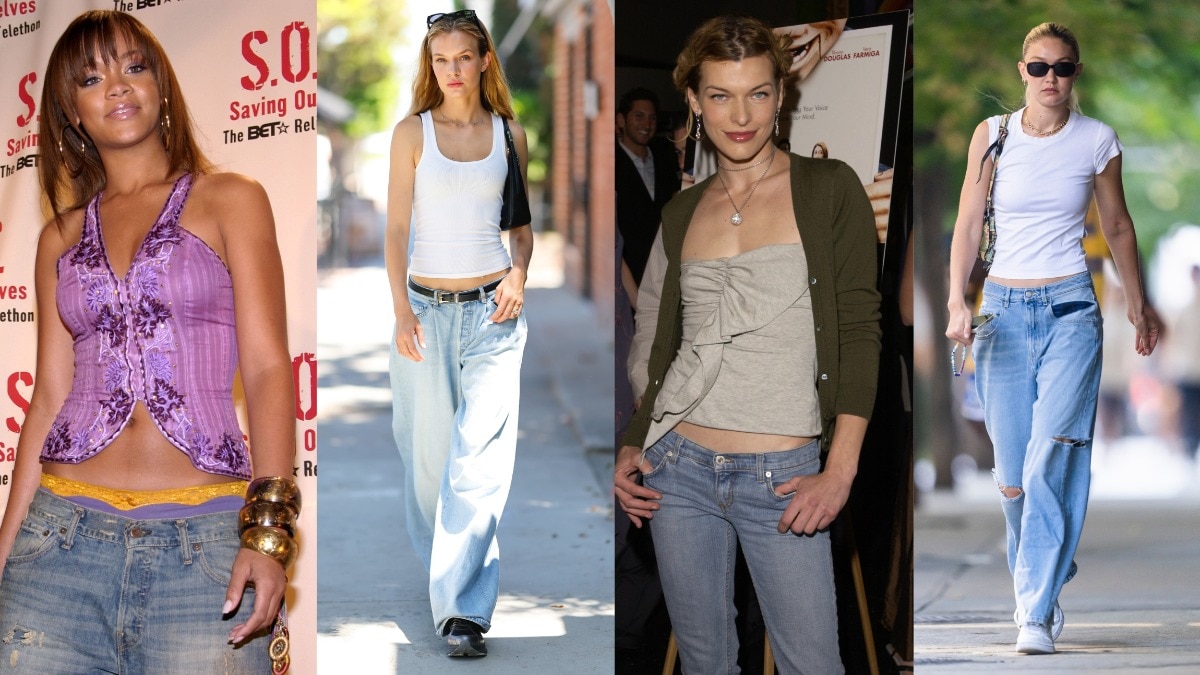
Will we ever stop equating beauty with fairness?
In a world where beauty is a highly covetable commodity, what really are its parameters.


“This pink is a light colour, it will make your skin look even darker!” remarks the groom’s grandmother as Sarina, the bride-to-be, tries on her wedding ensemble. Despite her preference for a pale pink shade, she opts for a red one under the belief that it would make her skin appear less dark. A scene from the web series Made in Heaven (2023), it touches upon India’s prevailing obsession with fair skin and its impact on the collective psyche of the nation. Despite the global shift towards celebrating diversity and embracing unique identities, marketing for fairness creams, lotions, and treatments that promise a lighter complexion remains a thriving industry, banking on age-old societal preferences and biases.

According to The World Health Organization (WHO), marketing industry forecasters, particularly in Asia and Africa, predict that the ‘skin whitening’ industry will be worth an estimated US $31.2 billion by 2024.Recognising the growing sensitivity towards the use of the term ‘fair’, the cream manufacturers have deftly navigated around public scrutiny by adopting a more inclusive and euphemistic term—‘glow’. A research led by the Tata Institute of Social Sciences (TISS) in 2018 delved into the preferences of 1,238 women and 746 men regarding the use of fairness creams.The findings revealed that 59.6 per cent of women and 46.1 per cent of men acknowledged using fairness products at various junctures of their lives. In response to the inquiry about their motivations, 31.2 per cent expressed a desire to enhance their aesthetic appeal by appearing ‘beautiful’, while 36.2 per cent believed that achieving a fairer complexion would contribute to a sense of ‘cultural acceptance’.

This deep-seated desire to be accepted in the cultural milieu have convinced hundreds, if not thousands, to use various skin lightening treatments like glutathione. In Made in Heaven, Sarina, a few days shy from her wedding, undergoes a glutathione IV treatment with the assurance of achieving a skin which will be a “few shades lighter”.
Now, what precisely is glutathione? Dubbed as a super drug, glutathione stands out as a formidable antioxidant that is inherently synthesised within our cellular framework. Comprising three essential amino acids—cysteine, glutamine, and glycine—it originates from the liver and plays a crucial role in diverse physiological processes, including tissue regeneration, immune system modulation, and overall body repair. However, there’s a growing trend of using glutathione for cosmetic purposes, particularly for its skin-lightening and anti- ageing properties.

Cosmetologist and dermatologist Dr Geetika Mittal outlines the various ways through which one can administer glutathione: intravenously [IV]; (costing anywhere between ₹3,500 and ₹15,000 per session, one might need multiple sessions for noticeable results); through skin lightening creams and lotions (prices generally range from ₹1,500 to ₹7,000); oral glutathione supplements (in form of pills or capsules costing approximately ₹1,000 to ₹5,000 or more, depending on the brand and dosage); and combination treatments (which are usually more expensive than standalone glutathione treatments often ranging from ₹5,000 to ₹20,000 or more per session). Once the treatment begins, it takes at least three weeks before you can start seeing the benefits. The improvements in your skin will depend solely on how consistently you stick with your treatments, your general health, and your metabolism. Dr Geetika indicates varying durations for glutathione to yield results based on different skin tones: medium brown (1-3 months), dark brown (3-6 months), very dark skin (6-12 months), and black skin (two years or more)

However, Dr Chytra V Anand, a Bengaluru-based cosmetic dermatologist, throws light on the cosmetic industry’s lack of regulation compared to the pharmaceutical sector, posing risks of mislabelling and contamination. Potential issues include products not containing the stated glutathione amount or containing harmful additives. Unsupervised use, particularly of high- dose IV glutathione, can result in adverse effects such as kidney dysfunction, allergic reactions, or dangerous interactions with other medications. Another worry is the performance of the procedure by non-qualified individuals, emphasising that IV infusions are medical procedures requiring supervision.
Other than glutathione, procedures that target melanin reduction, including chemical peels, topical creams, laser treatments, and oral medications, often incorporate long- term impact ingredients like hydroquinone, corticosteroids, and mercury.

A cause for concern arises in the domain of unsupervised and inadequately educated Instagram influencers who predominantly endorse deceptive beauty products, overtly asserting ‘skin-whitening’ benefits without substantiated evidence. Exclusively for this feature, I dedicated the past couple of days engaging with two distinguished beauty parlours in Delhi, who also boast substantial Instagram followings of 479k and 3.5M.What both Instagram accounts have in common is their promotion of specially curated ‘magic facials’ that misleadingly assert skin-whitening properties. When queried about the ingredients in these packages, the proprietors were reluctant to disclose them and asserted that no dermatologists were involved in formulating the products. The before and after transformations on their Instagram pages not only mislead individuals but also contribute to the perpetuation of colourist notions deeply ingrained in our country’s history.

Reflecting on her painful experience of being ostracised due to her skin colour,Seema Hari,a model,software engineer, producer, and fervent advocate against colourism, looks back at her early memories that were marred by instances of discrimination, bullying, and harassment. The pervasive nature of colourism in Indian society led to the normalisation of teachers making derogatory comments about her skin.“I was called kaali kaluti, kalmuhi, and many casteist slurs associated with monsters and gorillas,” recalls Seema. The situation worsened with the amplification of ridicule through films and advertisements targeting dark-skinned individuals. Seema endured relentless harassment, including being spat on. Even today, she faces casteist slurs on social media simply for existing as a dark-skinned individual and expressing her opinions on colourism.

Nina Davuluri, who made history as the first Indian- American to win the Miss America pageant in 2014, draws attention to the lasting impact of the skin whitening industry on societal perceptions. Reflecting on her own experience, she recounts the front page headline of a leading newspaper after her victory that posed the question, “Is Miss America too dark to be Miss India?”This moment served as a revelation for the now 34-year-old activist, underscoring how the skin whitening industry perpetuates the notion that fairness is a pre-requisite for success, a stereotype embedded in societal beliefs for generations.

After all, the question is for us to ask ourselves: is it really about the skin colour or us associating with the pseudo- scientific concept of social Darwinism which erroneously links traits like skin colour, bone structure, and facial features to intelligence, beauty, etc? Dr Chytra emphasises that procedures like IV glutathione serves as a supportive, antioxidant therapy, mitigating the impacts of radical damage and the treatment is not intended for skin lightening purposes. While glutathione can be used to improve skin tone and reduce hyperpigmentation, the self-administered use of glutathione to lighten skin colour is definitely not a beauty issue, but instead a social one. Nina took a proactive step in 2020 by initiating the #SeeMyCOMPLEXion petition, signalling a potential path forward. Additionally, Seema advocates for transformative change through storytelling, emphasising the power of empathy to reshape and evolve societal perspectives.
Feature Illustrations Credits: Tanya Chaturvedi
This article originally appeared in Harper's Bazaar India January-February 2024 print issue.
Also Read : How the beauty industry will evolve in 2024
: Refreshing body mists you need to add to your shelves for the upcoming summer season










